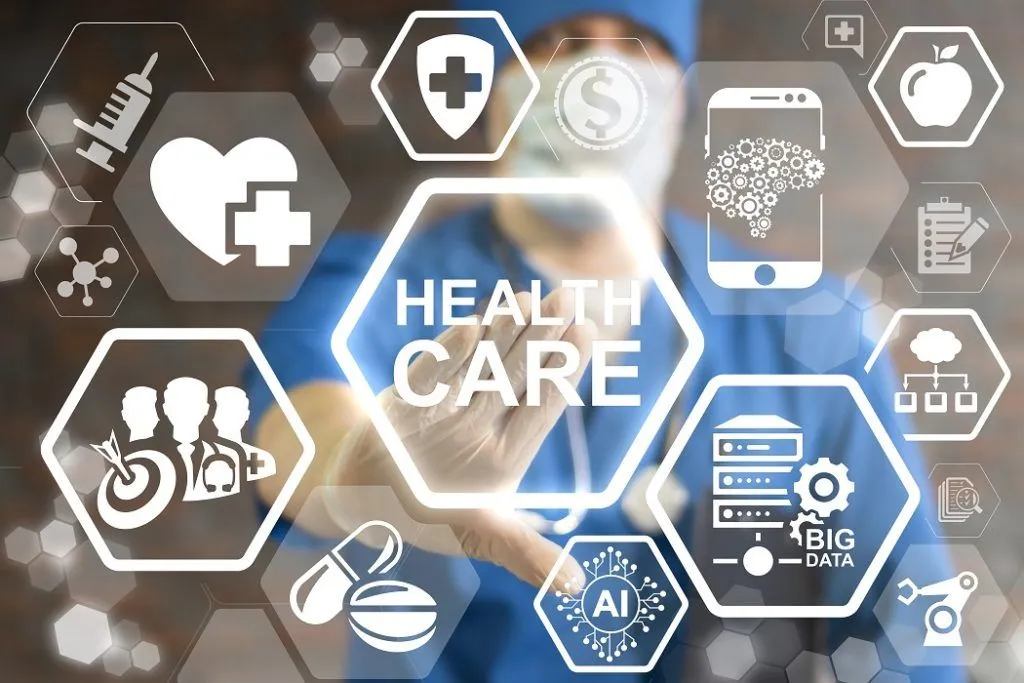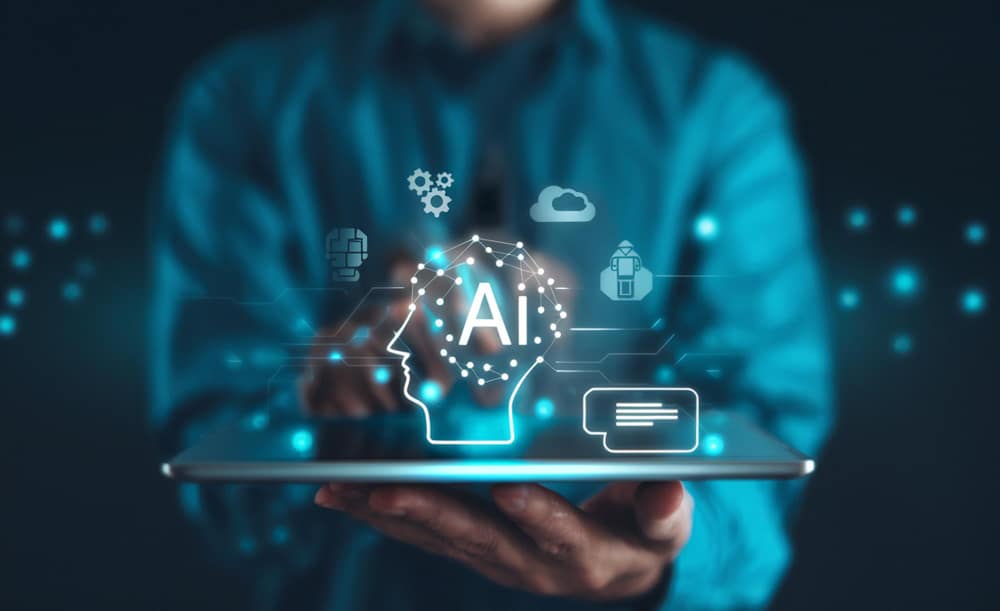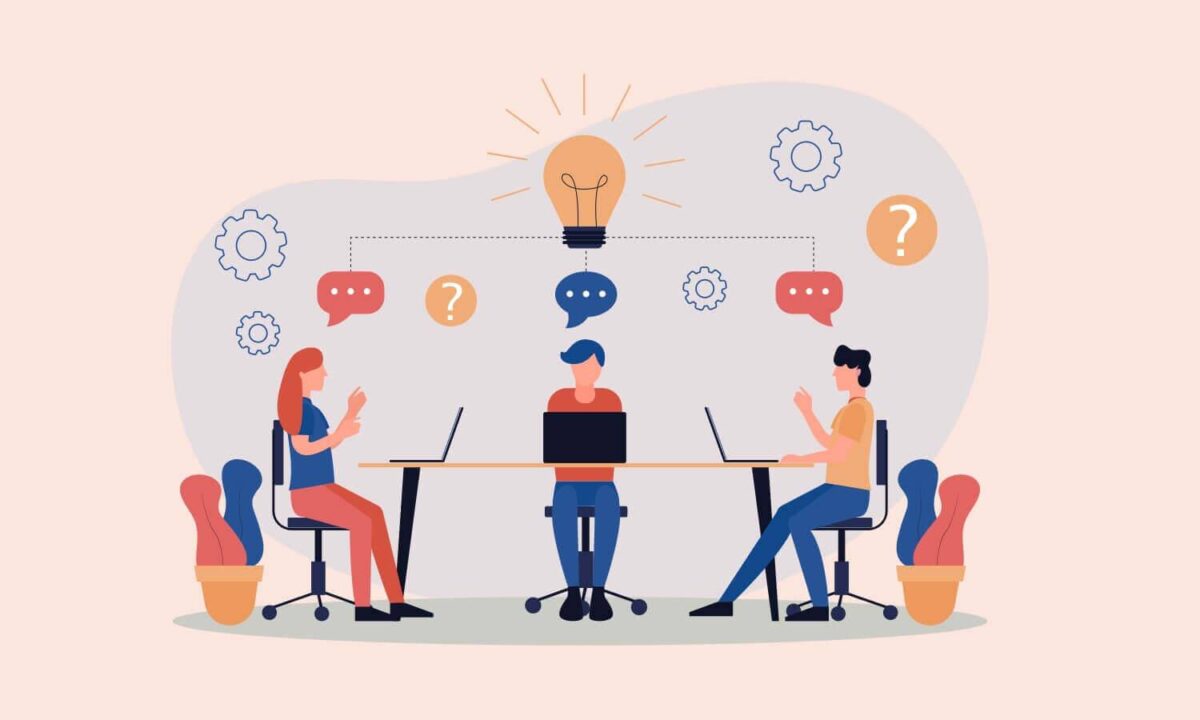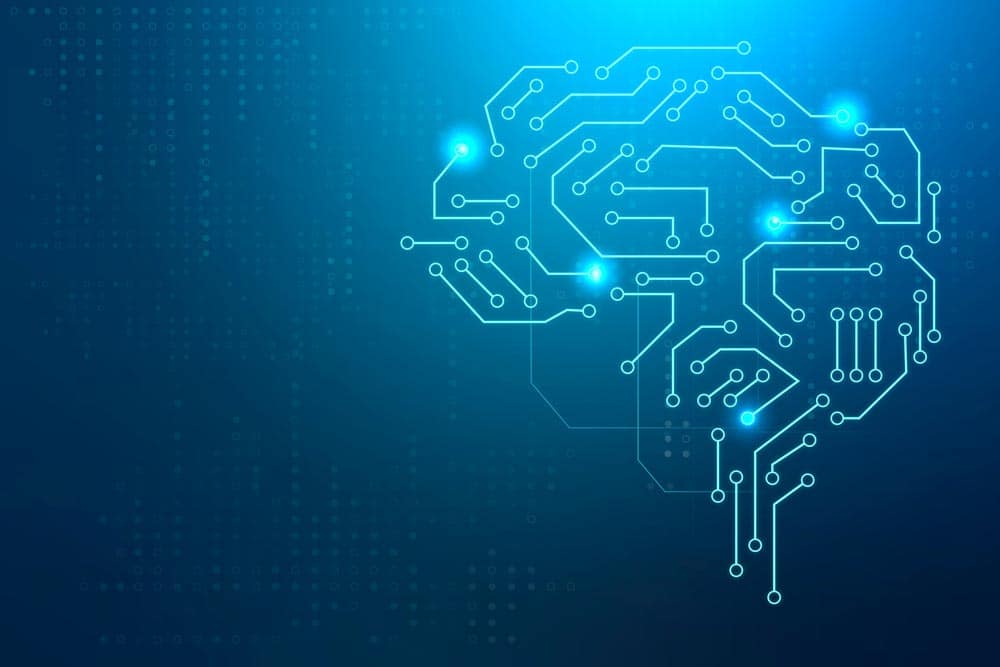No doubt, one of the most important industries today is the healthcare industry. According to reports, the global healthcare industry is estimated to be $7.9 trillion. On the other hand, the North America healthcare market is about $1trillion comprising of 12.5% of global healthcare market share. To put that in perspective, the North America healthcare market is equivalent to the GDP of Netherlands. Artificial intelligence and innovation are currently playing and will continue to play a pivotal role in the healthcare industry. Consider some areas where Artificial intelligence will be especially useful in the healthcare industry:
- Administrative and clerical responsibilities: Healthcare workers spend enormous amounts of time in clerical and administrative responsibilities ranging from patient appointments/check in, updating medical records, filling out insurance forms and other form of paperwork. AI and automation can assist with these repetitive tasks, freeing up employee time for other impactful tasks and increasing in-person interactions with patients. AI startups are already emerging that will provide such services to healthcare organizations. For example, by automating administrative tasks, Akasa AI platforms assist healthcare providers in streamlining operations.
- Surgery and medical procedures: Today most surgical procedures are performed by surgeons and well-trained specialists. A single medical procedure might require several highly skilled surgeons to collectively execute. However, this might change in future. For example, Vicarous Surgical, an innovative company backed by Bil Gates have received USA FDA Device breakthrough designation. Through the use of virtual reality and AI-enabled robotics, Vicarious Surgical enables surgeons to undertake minimally invasive procedures with 3D visualization and accurate control. Another company that provides Robotics and AI for surgical purposes is Accuray. This company Cyberknife S7 delivers stereotactic radiosurgery (SRS), and stereotactic body radiation therapy (SBRT), treatments anywhere in the body with true robotic precision and integrated, AI-driven, real-time motion synchronization and is the only robotic radiosurgery system that can deliver non-surgical stereotactic treatments with sub-millimeter accuracy, anywhere in the body — including the prostate, lung, brain, spine, liver, pancreas, and kidney.
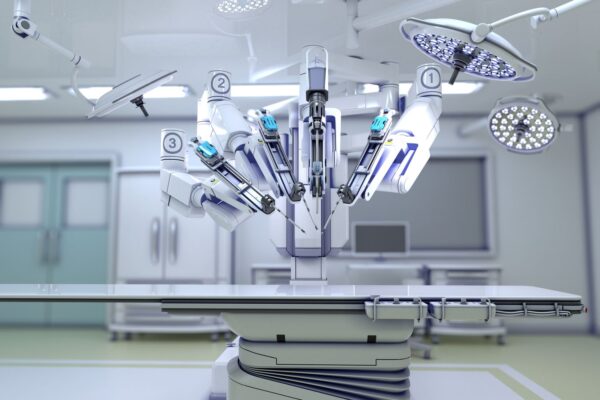
- Diagnosis: According to the USA CDC, medical diagnosis refers to the act of detecting or ascertaining the kind and origin of an illness or injury by reviewing laboratory results, evaluating the patient’s medical history, and performing an examination on the patient. Innovation and artificial intelligence are going to play a key role in the way medical diagnosis is performed. For example, Digital Diagnostics created a Class II Medical Device and the first ever FDA De Novo cleared autonomous AI. The medical equipment is an AI diagnostic system that autonomously diagnoses patients for diabetic retinopathy (including macular edema). Sustainable innovative solutions will play a key role in medical diagnosis. For instance, Okos Diagnosis is pioneering rapid test kits made from biodegradable materials, that break down naturally over time, leaving behind minimal environmental impact. Billions of single-use quick tests are made annually and discarded right soon after being used, this sustainable innovative solution will aid in preventing plastic pollution caused by rapid antigen testing.
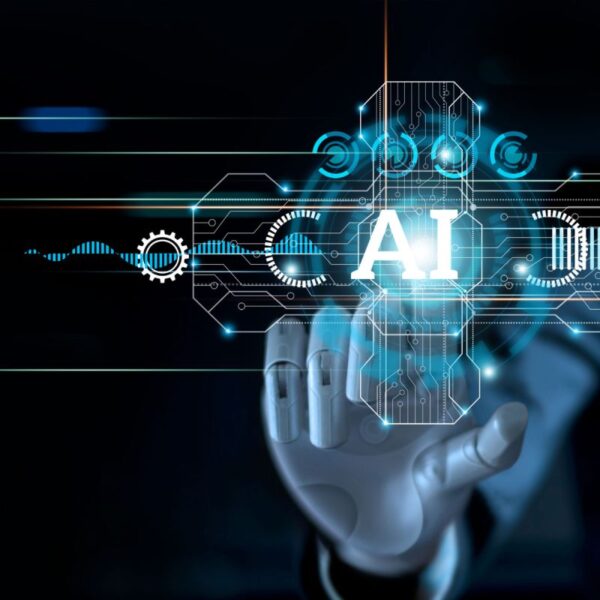
- Processing insurance claims: This process could be cumbersome and lengthy as it involves multiple stages ranging from billing the insurance company and/or patient, amount validation, verification, auditing, claim denial and others. Artificial intelligence can play a key role in insurance claims processing by drastically reducing the time claims are processed and making sure charges are properly accounted for. For example, Insurance companies may generate high-quality training data for machine learning models and custom models to expedite claims processing by utilizing Snorkel’s data-centric AI platform.
In conclusion, Innovation and Artificial Intelligence is currently disrupting the medical industry and these are some areas where this disruption has already occurred. Healthcare organizations will continue to adopt Artificial Intelligence to become efficient in their approach.
Most Recent Posts
Explore the latest innovation insights and trends with our recent blog posts.

